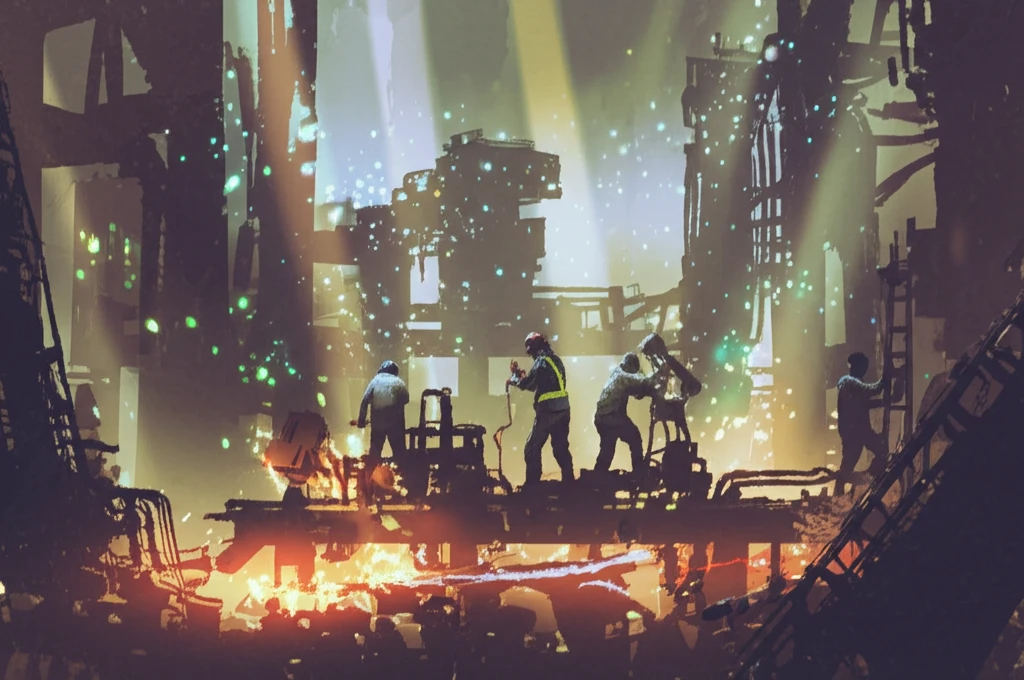
Workers Takeover: How Worker-Recovered Businesses Are Changing the Game
"Exploring the rise and impact of worker-managed enterprises in Argentina and Brazil, where resilience meets innovation."
In the ever-shifting landscape of global economics, stories of resilience and reinvention often emerge from the most unexpected corners. Since the 1990s, amid the surge of neoliberal policies across Latin America, a unique phenomenon has been taking root: the rise of worker-recovered businesses (ERTs). As traditional industries faltered and unemployment soared, resourceful workers in Argentina and Brazil began reclaiming abandoned or bankrupt companies, transforming them into collectively run enterprises.
These worker-led initiatives represent more than just a fight for survival; they embody a profound challenge to conventional capitalist structures. By democratizing management and prioritizing social values over individual profit, ERTs are pioneering a new model of economic organization that emphasizes cooperation, solidarity, and community engagement. This movement taps into the potential for innovative solutions born from crisis.
This article delves into the world of worker-recovered businesses in Brazil and Argentina, examining their origins, strategies, challenges, and impact. We will explore how these enterprises are reshaping local economies, empowering marginalized communities, and contributing to a broader global conversation about the future of work.
From Crisis to Collective: The Birth of Worker-Recovered Businesses

The story of worker-recovered businesses is inextricably linked to the economic upheaval of the late 20th century. The implementation of neoliberal policies across Latin America in the 1990s led to widespread privatization, deregulation, and austerity measures. This, in turn, resulted in the collapse of many industries, mass layoffs, and a growing sense of economic insecurity for working-class communities.
- Neoliberal economic policies: Privatization and deregulation led to business failures and job losses.
- Lack of social safety nets: High unemployment rates with minimal support systems pushed workers to find their own solutions.
- Traditions of labor activism: A history of worker organizing and resistance provided a foundation for collective action.
- Community solidarity: Strong social networks and mutual aid initiatives helped sustain these new ventures.
A New Economic Vision
The worker-recovered business movement in Argentina and Brazil offers a compelling vision for a more equitable and sustainable economic future. By challenging traditional power structures and prioritizing social values, these enterprises are demonstrating the potential for worker-led initiatives to revitalize local economies, empower marginalized communities, and inspire broader social change. While challenges remain, the ongoing efforts to support and expand this movement offer a promising pathway towards a more democratic and just world of work.
